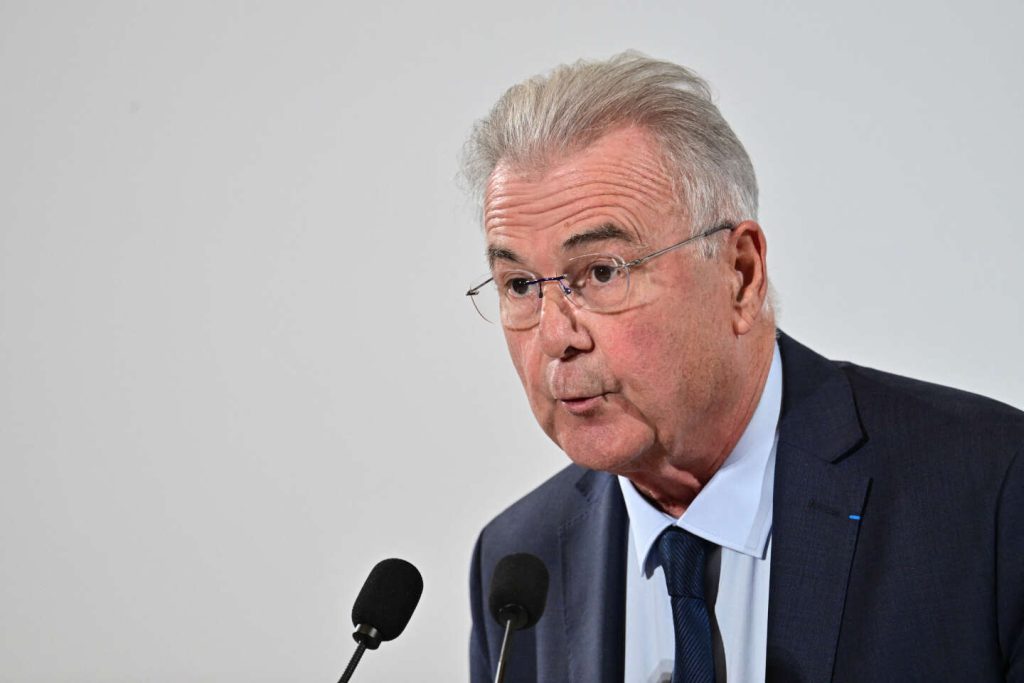The Union of Businesses in Proximity, U2P, which represents small business owners, artisans, and liberal professionals, expressed disappointment with the larger employers’ organization, Medef, after failed negotiations for a new workplace agreement. They accused Medef of rejecting the majority of their proposals and criticized them for their lack of openness to compromise. U2P believes it is time to return to fair and balanced practices and is eager to reopen discussions on a key issue: the universal time savings account (CETU).
U2P President Michel Picon believes that Medef did not show a willingness to reach a positive conclusion during the negotiation process. He expressed his belief that there were areas where both sides could have made concessions to reach an agreement. Specifically, Picon mentioned the CETU, a mechanism to provide workers with breaks throughout their careers, which was removed from the agenda of the negotiations. While the CPME and Medef felt it was too complex, U2P views it as a way to enhance the appeal of small businesses.
In response to the exclusion of the CETU from the negotiations, U2P has called for a dedicated discussion on the issue and invited all employer and employee organizations to participate. They have already drafted proposed texts, and Picon believes that a single session of discussions could be enough to reach an agreement. The aim is to establish a foundation for the CETU without adding new burdens to employers, with oversight from an external organization such as the Caisse des dépôts et consignations.
The disagreement between U2P and Medef highlights a division within the employers’ sector regarding the CETU and the broader issues of workplace agreements. The failure to reach a consensus on these matters has led to frustration and disappointment among various stakeholders. U2P is determined to move forward with discussions on the CETU and is advocating for a more inclusive and collaborative approach to negotiations.
The debates and tensions surrounding workplace agreements and the CETU reflect broader challenges within the business community. The need for fair and balanced practices, as well as a willingness to compromise and find solutions that benefit both employers and employees, is crucial for the future of labor relations in France. U2P’s insistence on reopening discussions on the CETU is a sign of their commitment to addressing key issues facing small businesses and promoting a more harmonious work environment.















